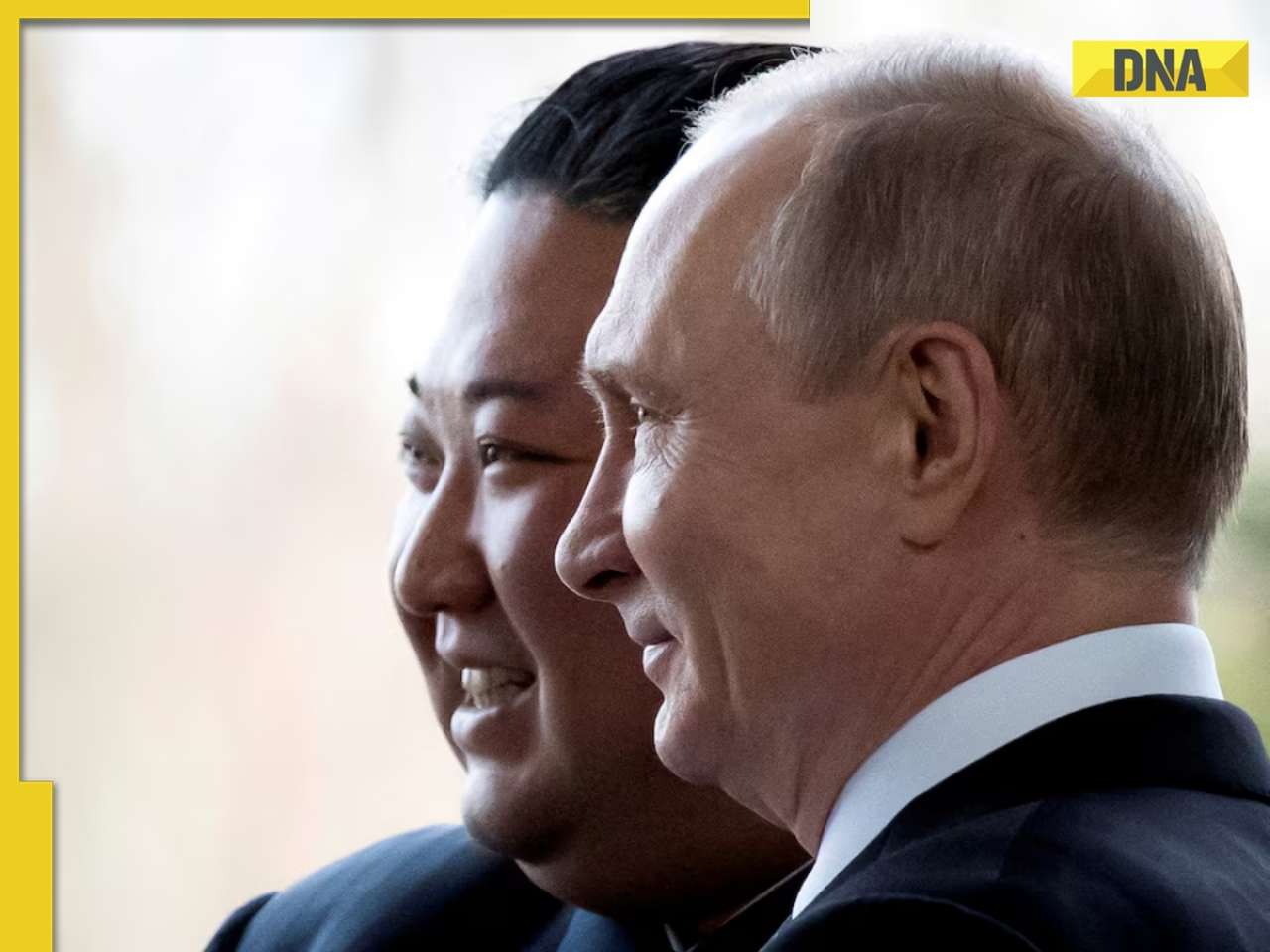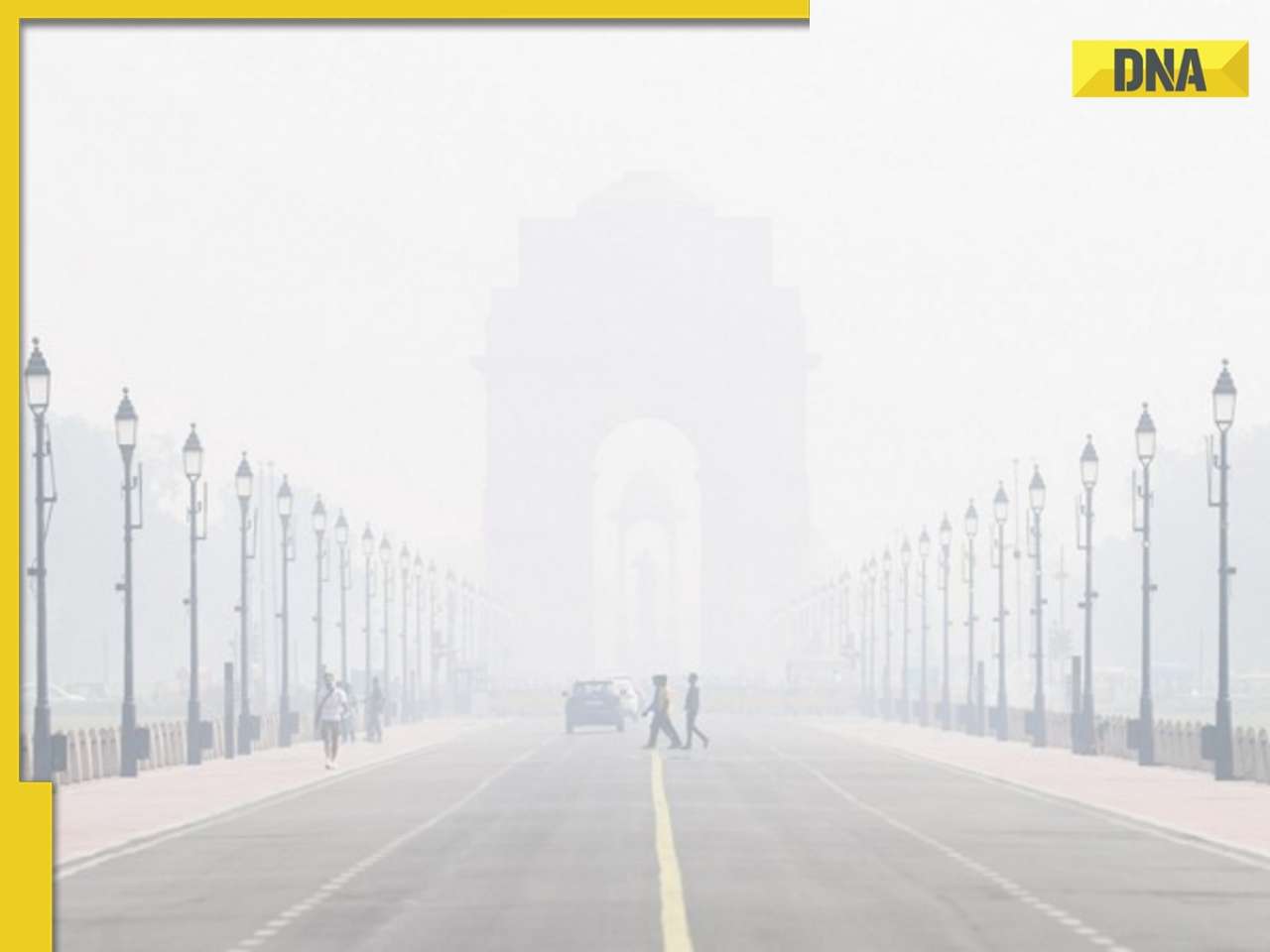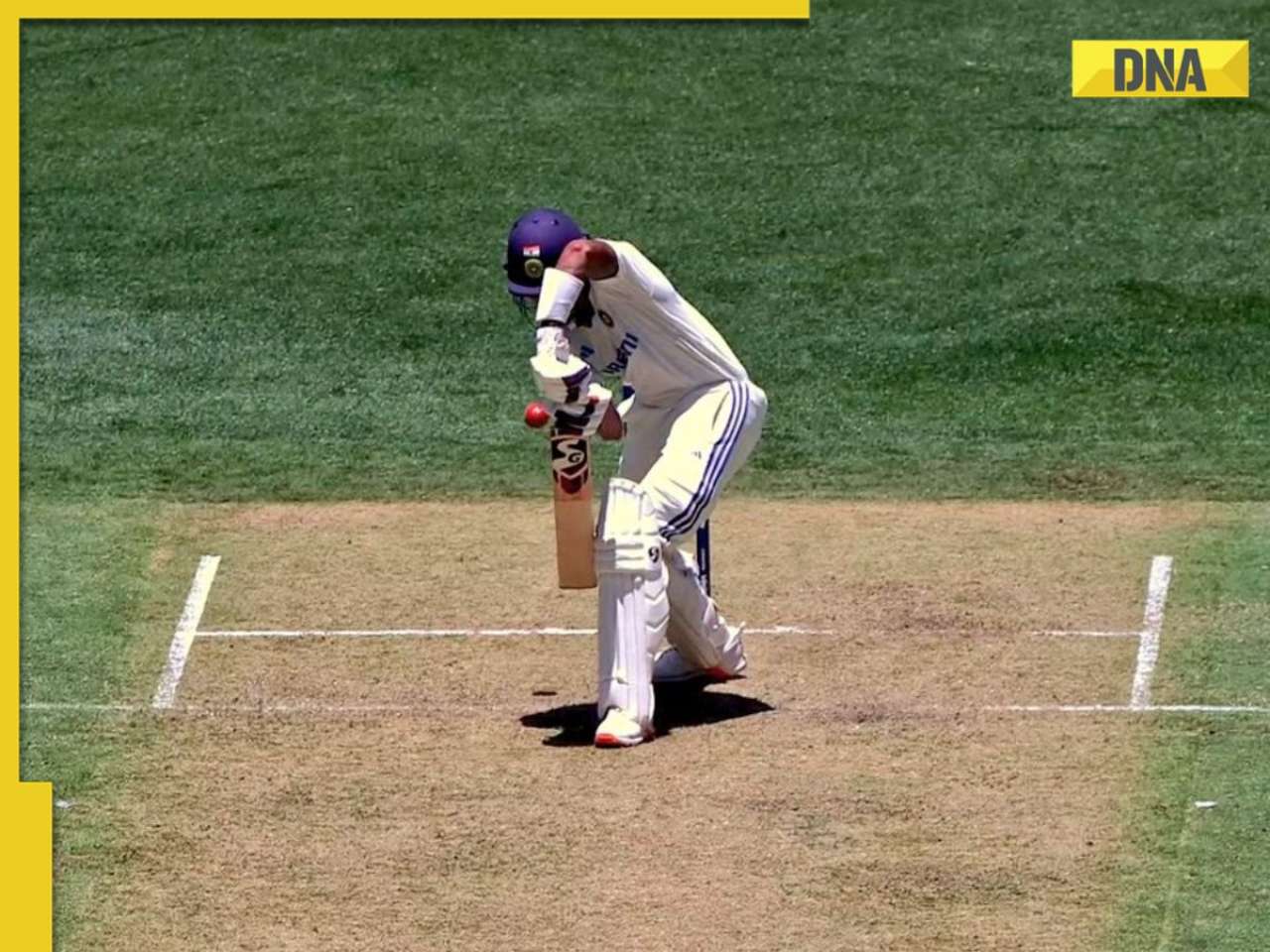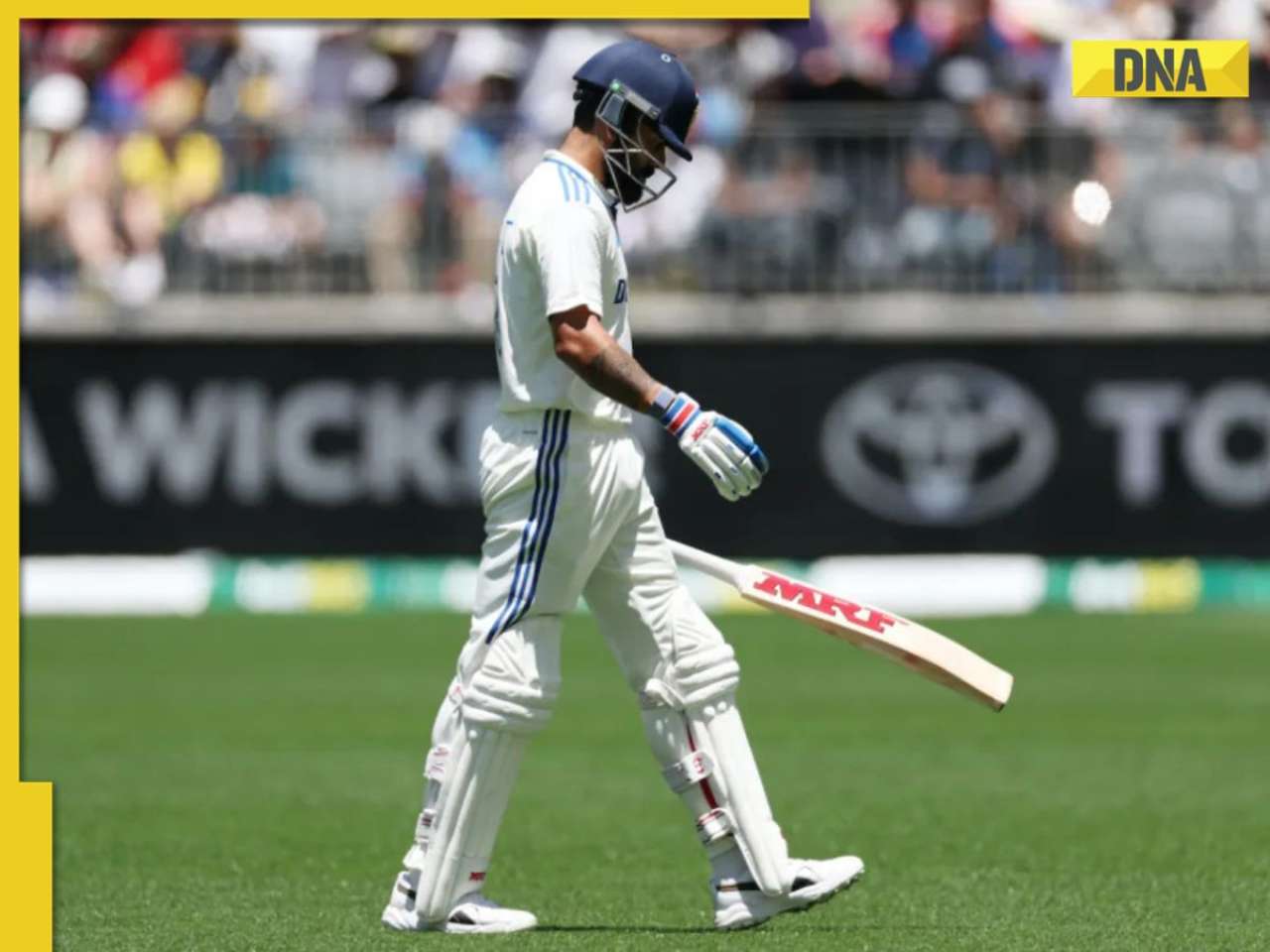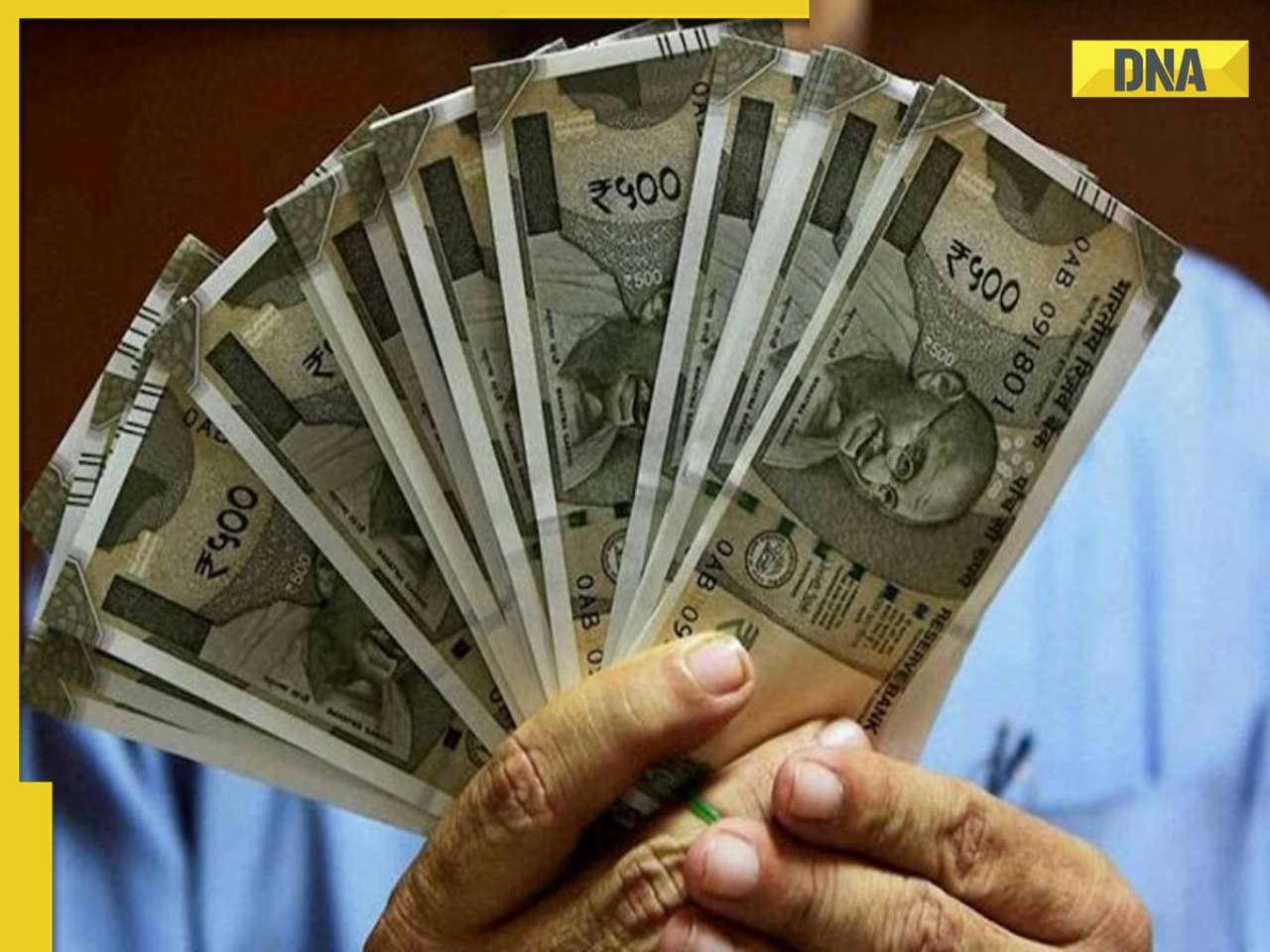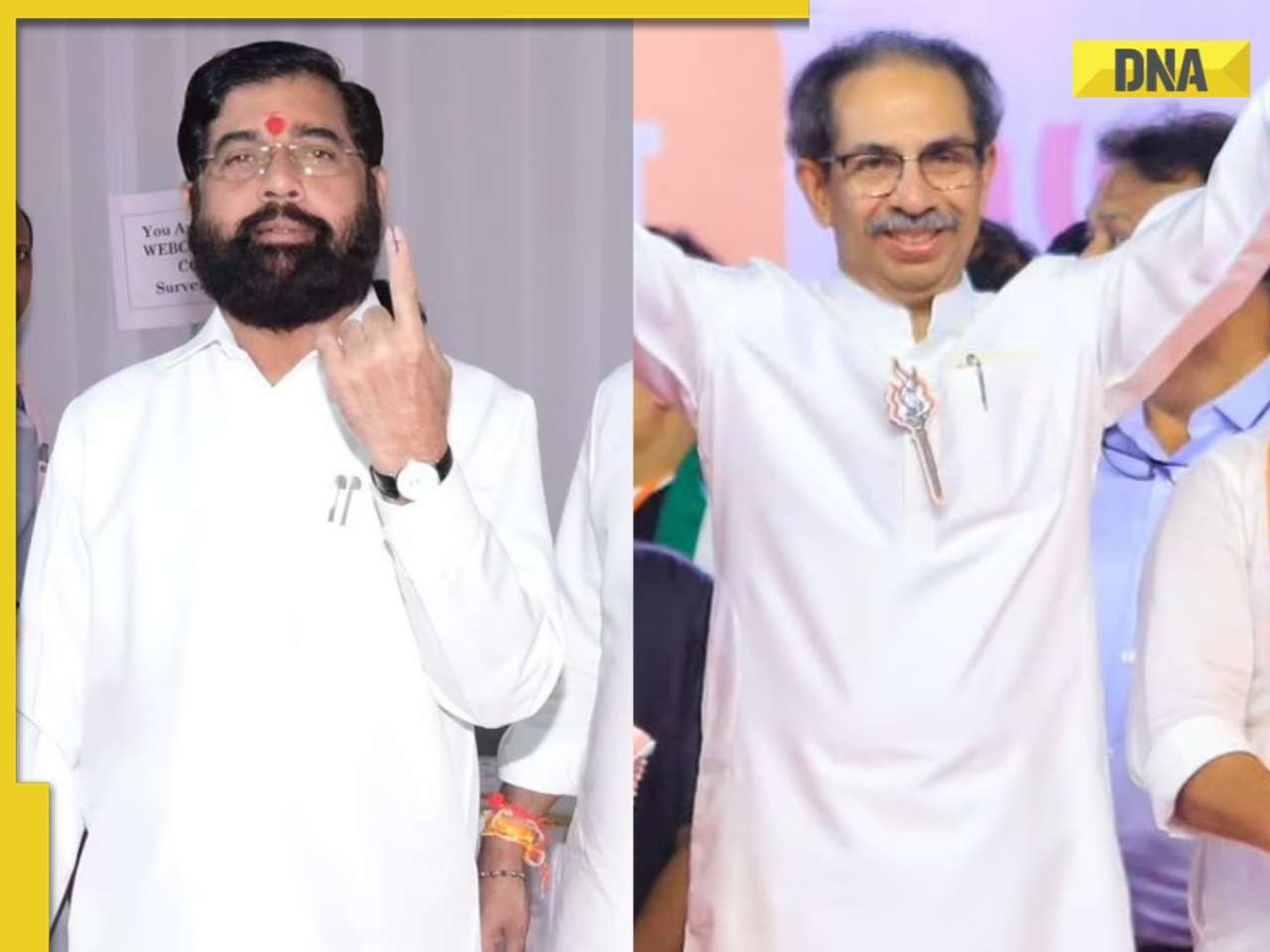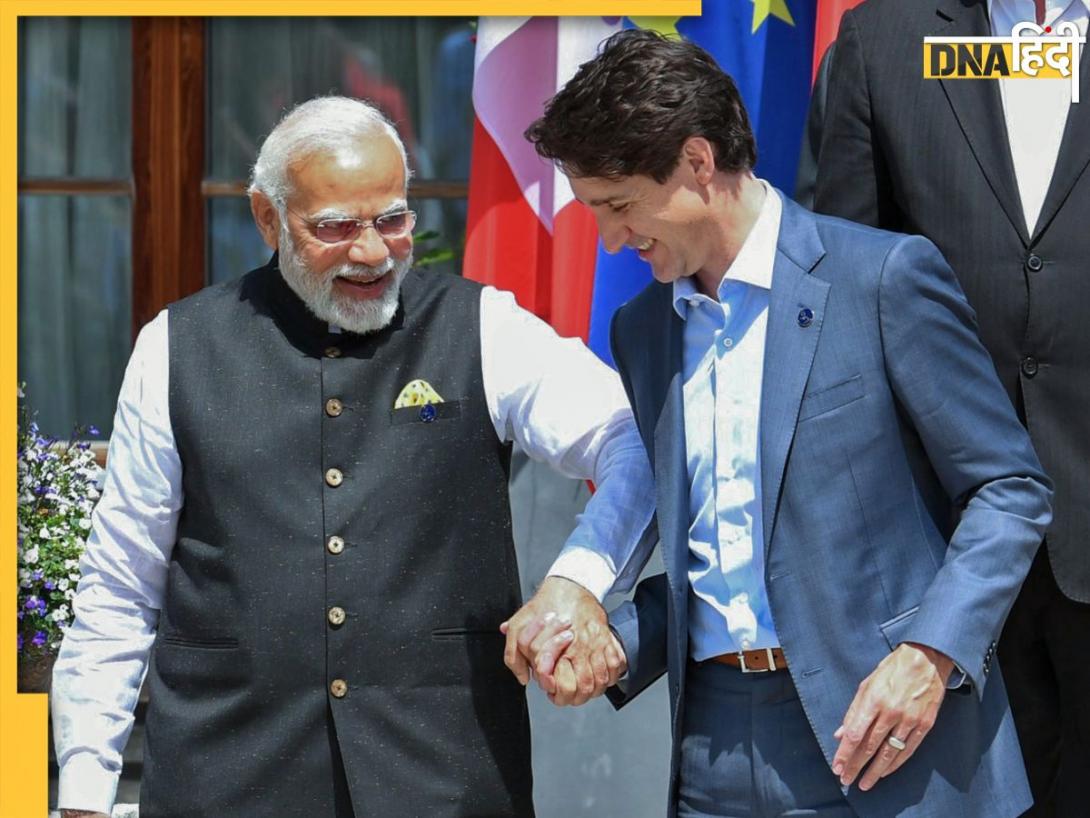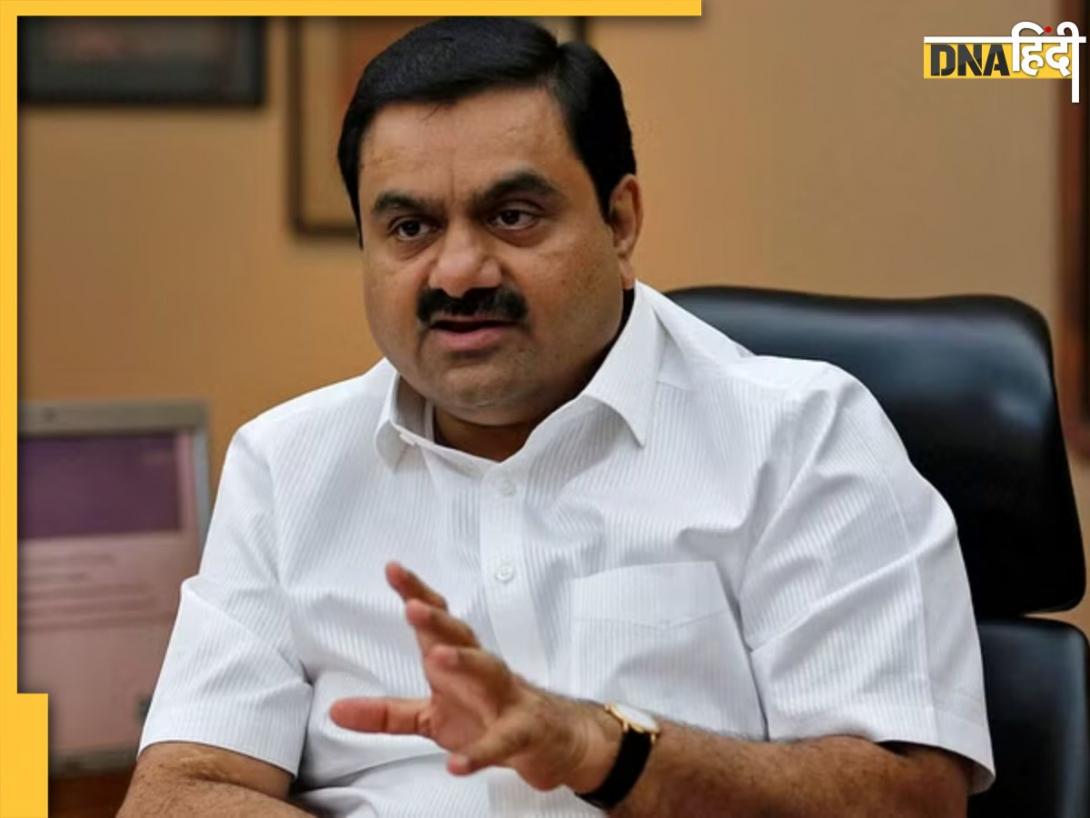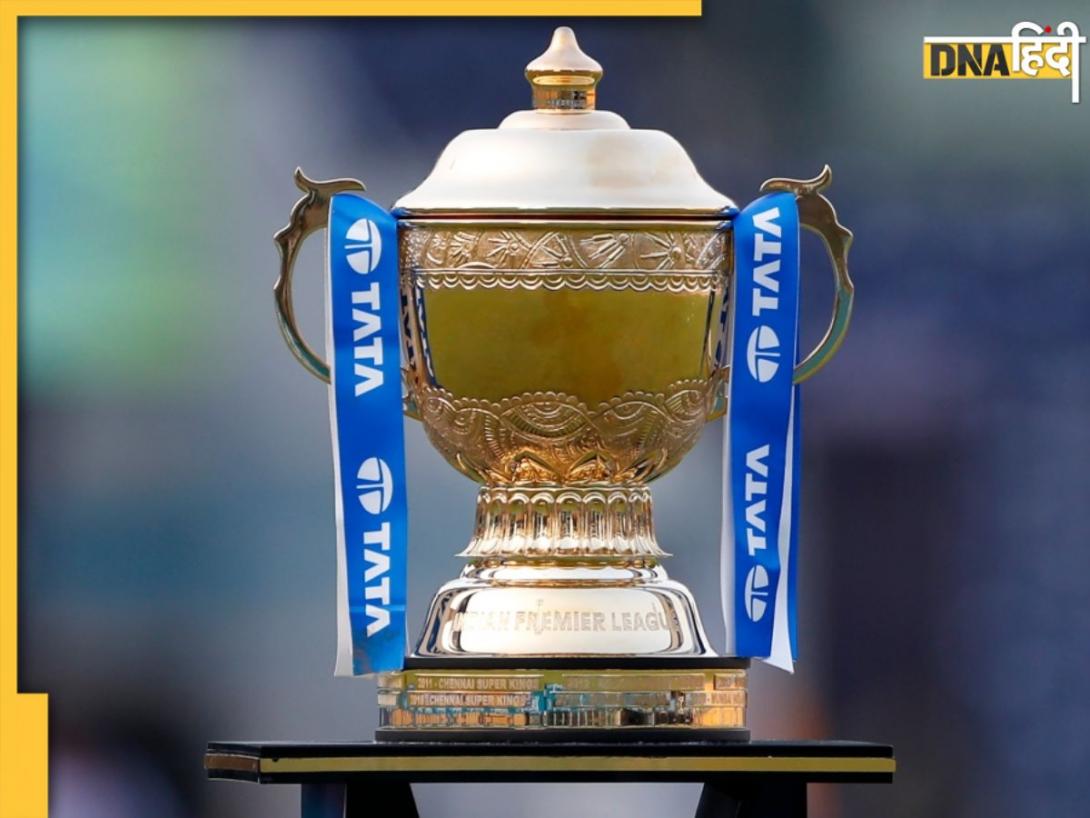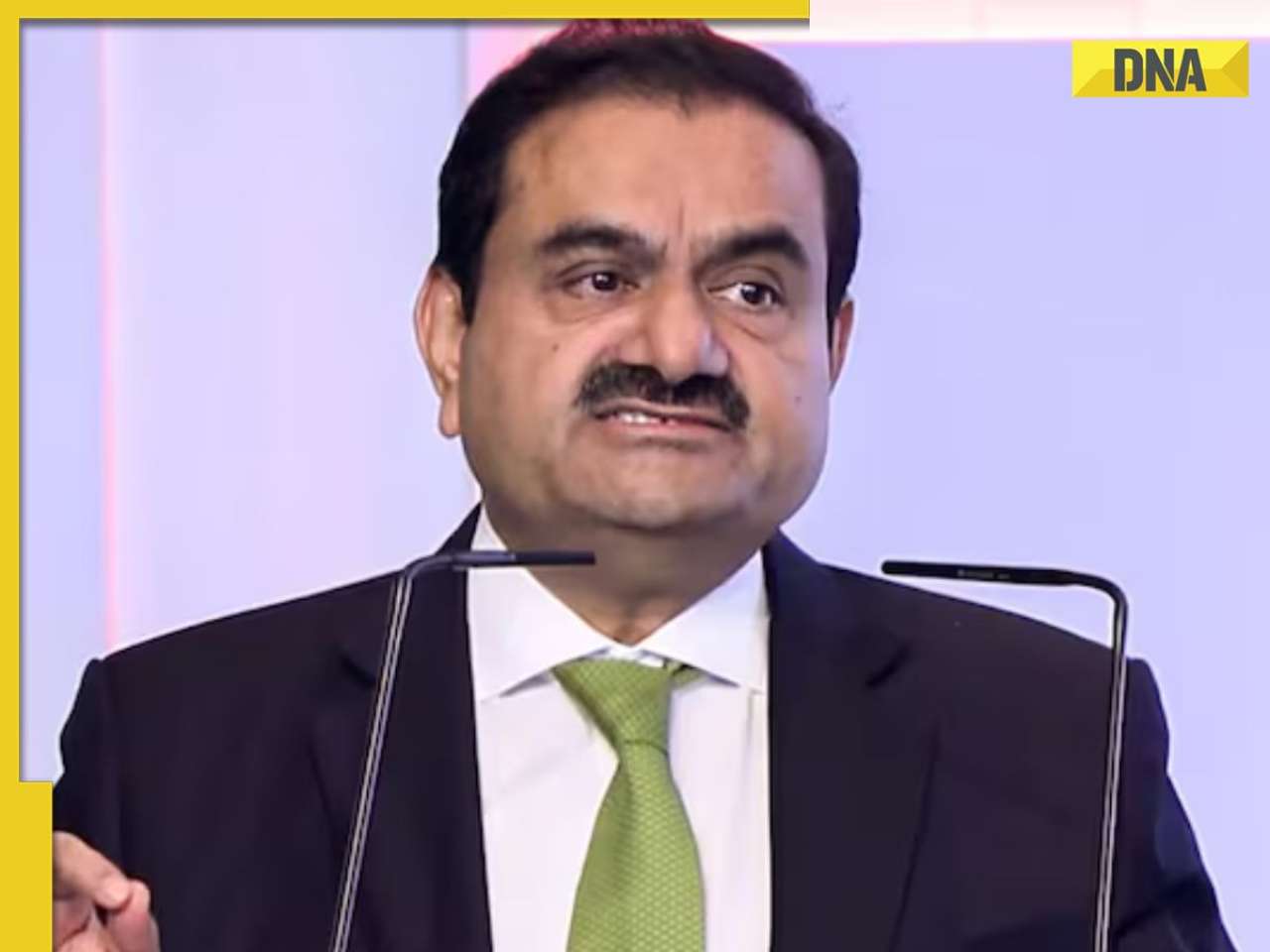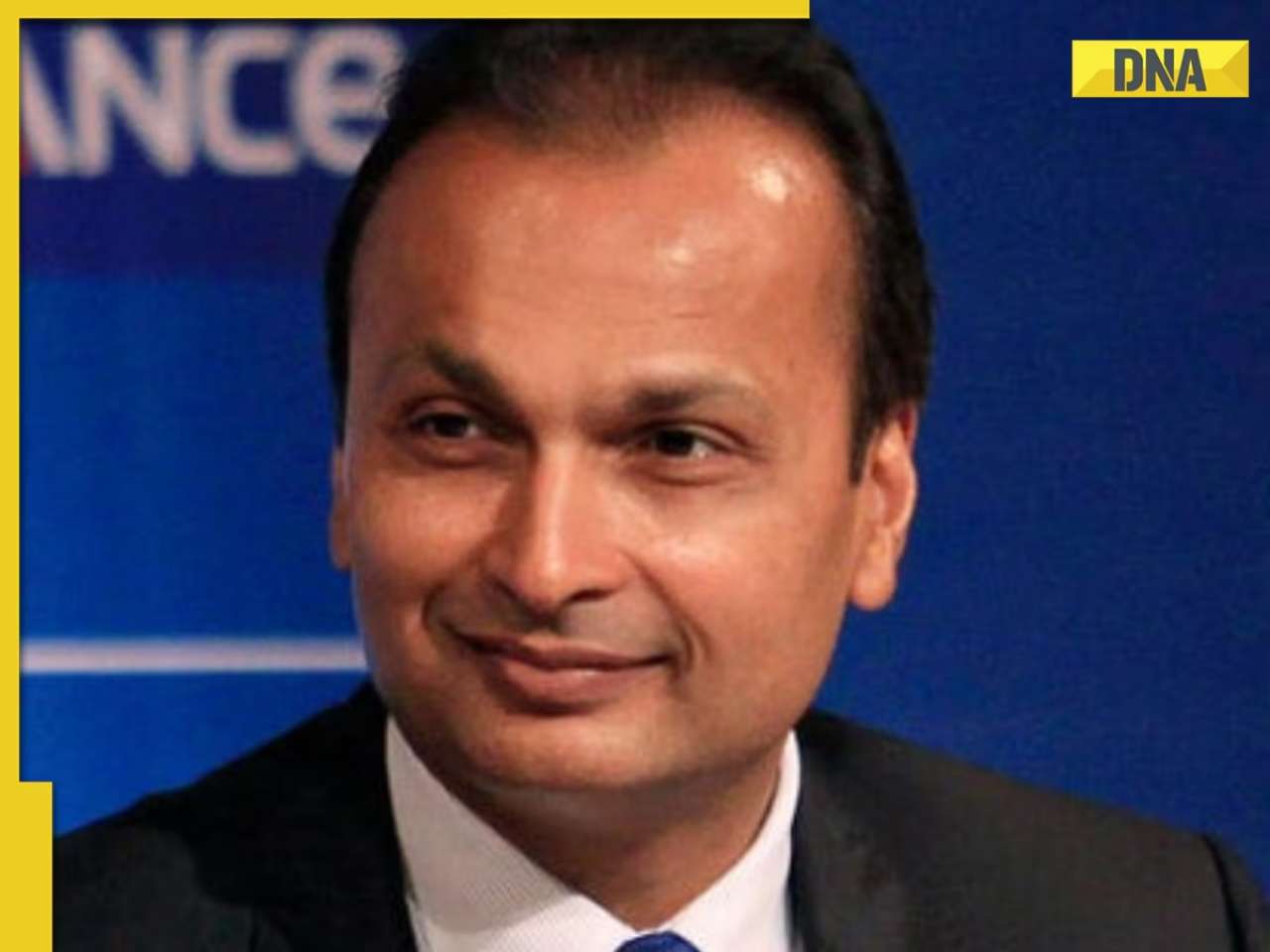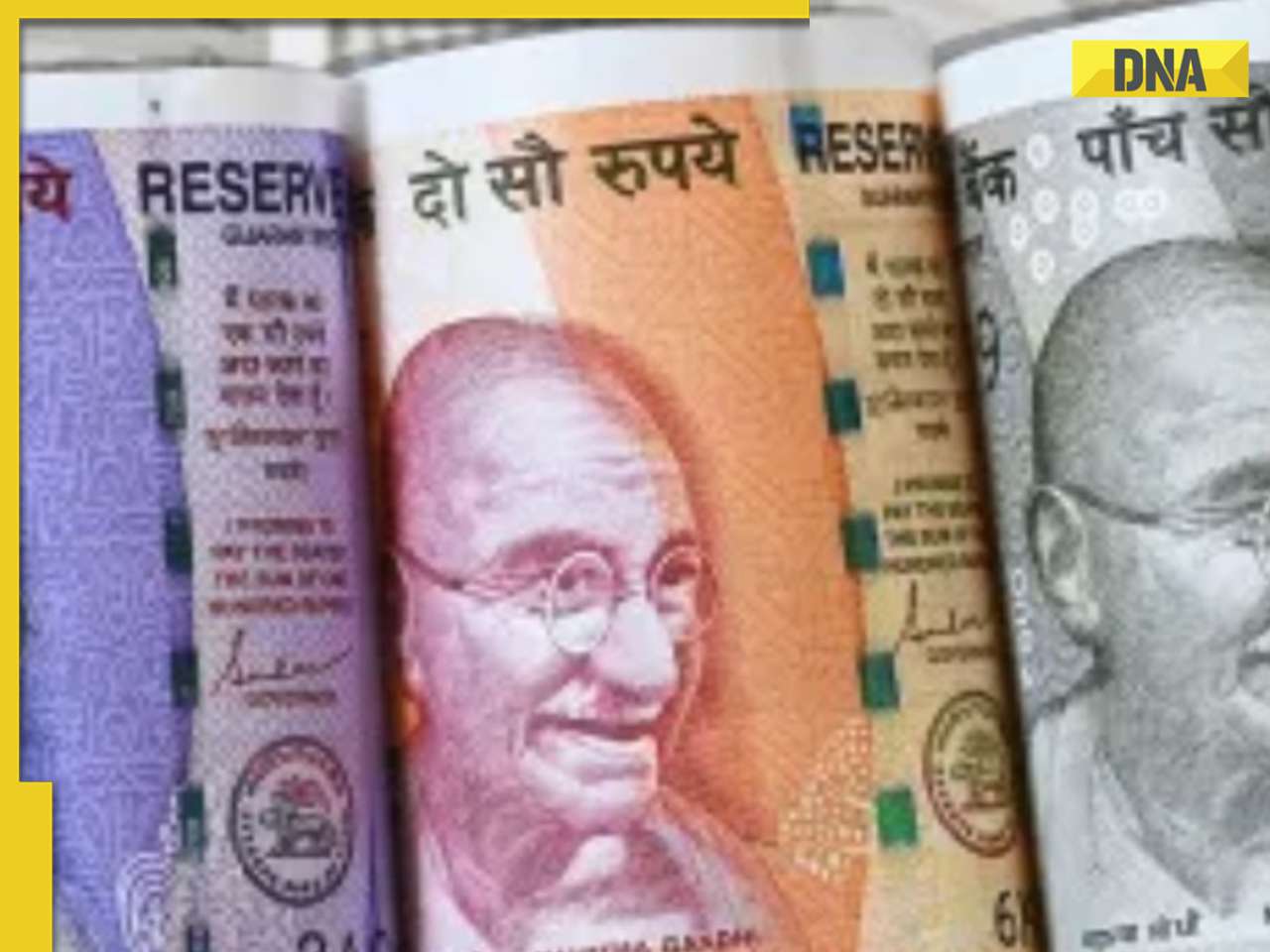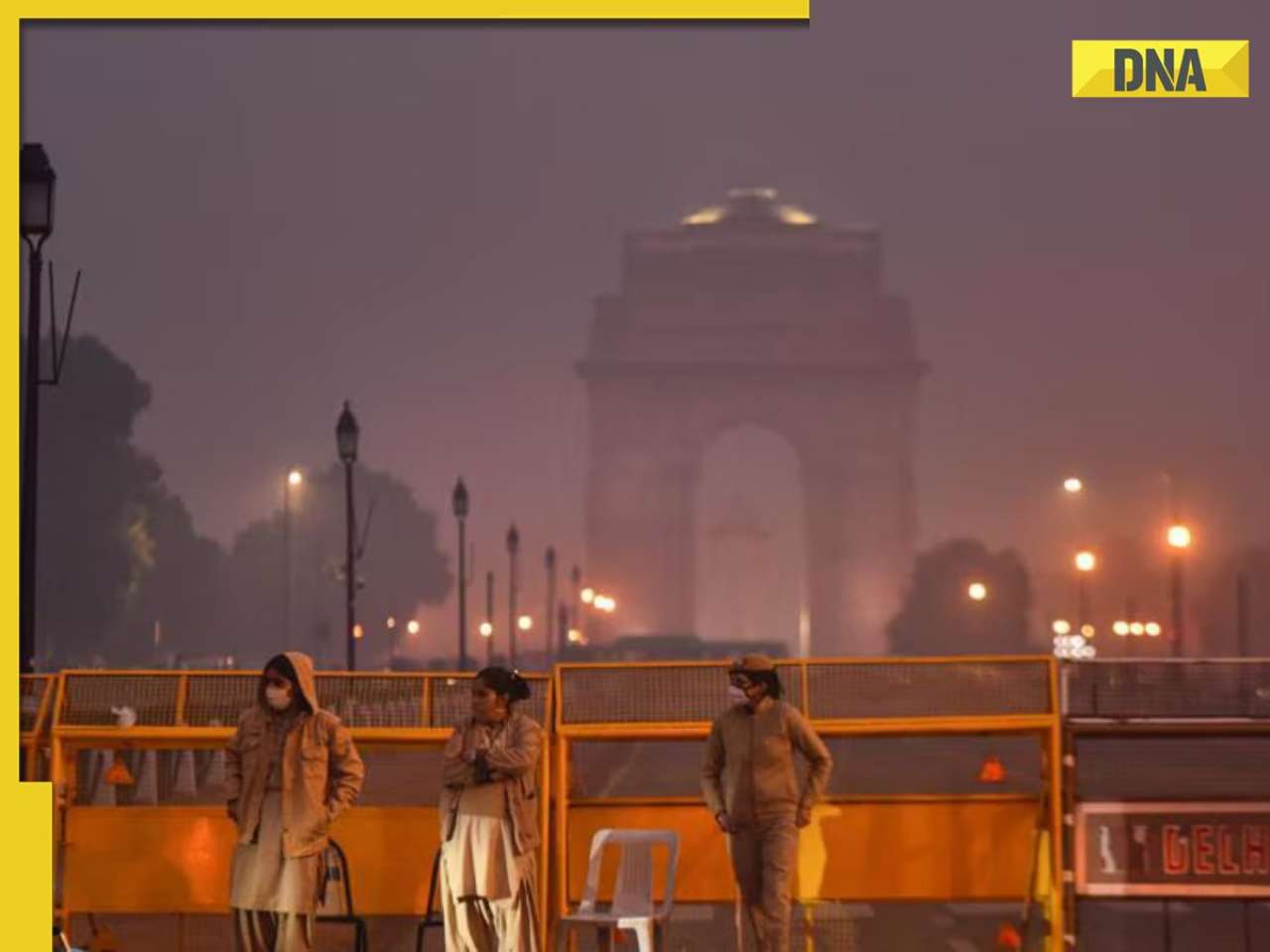- LATEST
- WEBSTORY
- TRENDING
ANALYSIS
Stumbling blocks aplenty as IBC Ordinance gets underway
The amended IBC essentially bars controlling shareholders (or promoters) of companies from bidding for their bankrupt companies that are being auctioned off via the NCLT (National Company Law Tribunal)-overseen process.
TRENDING NOW
The recent changes to the Insolvency and Bankruptcy Code (IBC) through an Ordinance has brought into stark relief an enduring cliché — “good politics is not good economics”. Or at least, that is the dominant narrative of the market and the financial nomenklatura (let’s call it the finklatura) that cheerleads the market. Prima facie, the rationale of the finklatura is unexceptionable.
The amended IBC essentially bars controlling shareholders (or promoters) of companies from bidding for their bankrupt companies that are being auctioned off via the NCLT (National Company Law Tribunal)-overseen process. In its original avatar, only those promoters deemed as “willful defaulters” were proscribed from bidding. Before this amendment came through, bidders in many of these cases before the NCLT included promoters (eg, Ruias for Essar Steel).
The politics of this is ostensibly simple — harsh measures against big business make for good optics and good messaging.
Economically, the finklatura asserts, it’s the other way round. Currently, there are 12 identified bankrupt companies that are before the NCLT for auctions that try to minimise the haircuts creditors (primarily banks) will need to take on the loans outstanding. In the short run, with promoters out of the process, bids are likely to turn less aggressive. There are multiple reasons for that. Most of the 12 companies are in steel, power and infrastructure sectors. To start with, all of these are industries where an enormous amount of local operating domain knowledge is critical to successful operations. Second, all 12 are large, complex enterprises — typically insiders have a lot better handle on the complexities of effective management. Put both factors together, and it is clear why existing promoters would have greater confidence in running these companies, and therefore bid more aggressively, compared to any other third-party bidder. The cherry on the cake —– structurally, all three are what economists call oligopolistic markets, i.e, industries with few operating players. In other words, in the best of times, there are relatively few viable bidders, and removing the promoter from the fray takes away a large chunk of active interest in the auction.
Less aggressive bids, naturally, would cause the banks to accept a price that demands a higher haircut on their loans (initial market estimates range from 10-20 per cent higher haircuts in bids). This, in turn, would mean banks requiring more capital to clean up their balance sheets. Given that the recently announced bank recapitalisation plan is fully taxpayer-funded, this would check all the wrong boxes — higher public debt, higher interest rates, potentially even an expansion of the recapitalisation required, and all their downstream adverse consequences. The economic impact, therefore, is clear, that we have (yet again) sacrificed economic gains at the altar of politics. Or is it?
Let us examine the economics of it. There has recently been a great deal of excitement around Richard Thaler’s Nudge Theory (primarily driven by, as is usual for arcane subjects, by the Economics Nobel Prize awarded to Professor Thaler).
Simply put, a Nudge is an act (or influence) that alters behaviour, while not precluding any options for the user. Now, a law is somewhat more than simply a nudge, it is perhaps more akin to a shove. From a signalling standpoint though, this shove makes for interesting potential outcomes. Fundamentally, a strong, almost unforgiving insolvency law sends a strong message to promoters across the board. The message fundamentally seeks to alter promoter behaviour. It does not preclude the option of promoters taking loans in their enterprises but puts the fear of God on ensuring prudence, analytical rigour and above all, integrity, in the utilization of loans.
India’s promoters don’t fall sick, only their companies do — has been an oft-quoted, and sadly, accurate description of Indian capitalism. The spectre of promoters of distressed companies remaining in a saddle, infusing no additional equity, even as banks take large haircuts on loans — militate against a very fundamental definitional tenet of the market economy. Under that tenet, creditors are senior to equity shareholders over assets of a company.
In other words, creditors need to be repaid in full before equity-holders can own any assets of a company that has defaulted on servicing its loans. Seldom has this been honoured in its letter and spirit in India. The new law and the ongoing resolution process should, hopefully, establish the seniority of the creditor in the capital structure, for perhaps the first time in India.
All policymaking is political. In this case, the good politics of the law makes for good economic principles too. Ben Graham, the legendary investor, described markets as being a voting machine in the short term (tallying up stocks that are popular and unpopular) and weighing machine in the long term (assessing the substance). In the case of the new Insolvency law, the nomenklatura representing the markets is seemingly in its voting phase. Ironically, the vote-driven government seems to have “weighed” it in a lot better!
The author is Managing Partner of ASK Wealth Advisors. Views expressed are personal.


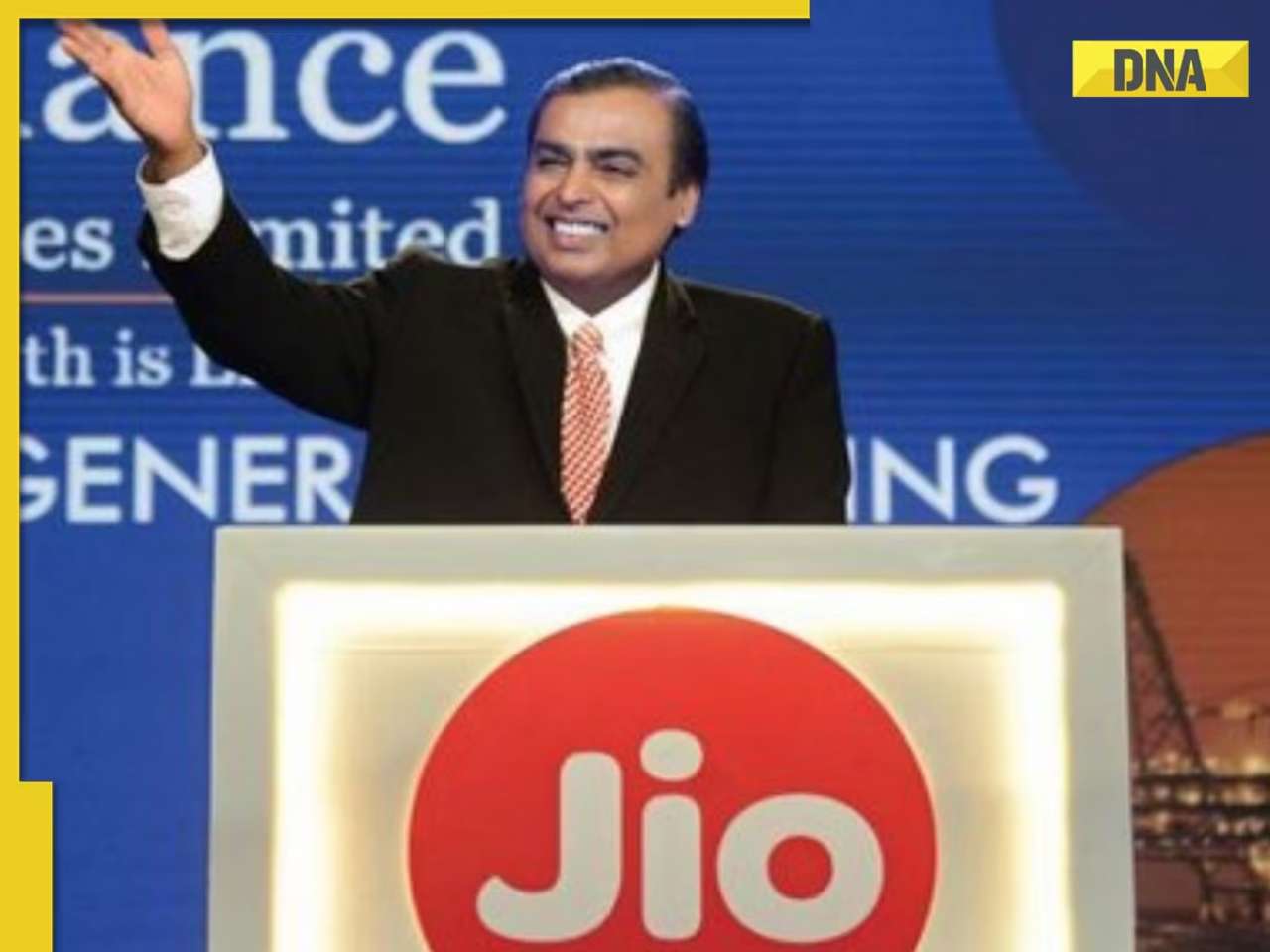




)
)
)
)
)
)
)
)
)
)
)
)
)
)
)
)





